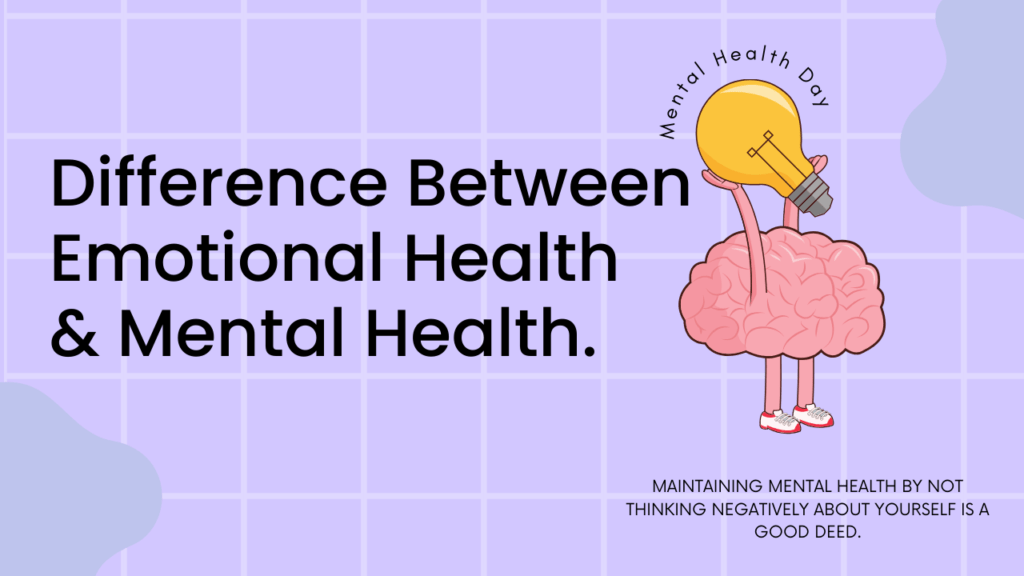When considering a mental health professional, you must weigh various factors to guarantee the best fit for your needs. From qualifications to therapeutic approach and personal compatibility, each aspect plays an essential role in your treatment journey. But there’s one key element often overlooked that can greatly affect your progress and comfort level. It’s a factor that goes beyond credentials and expertise, something that can make or break your therapeutic experience.
Curious to know what it is? Here are several factors to consider when making this choice…

Qualifications
When selecting a mental health professional, make sure their qualifications align with your specific needs and concerns. It’s important to take into account factors such as their educational background, specializations, and any additional certifications they may hold.
Look into their licensing status and verify that they’re in good standing with relevant regulatory bodies. Research the type of therapy they primarily use and assess if it aligns with your preferences and goals.
Take into account their experience working with issues similar to yours and inquire about their success rates. A qualified mental health professional will have a solid foundation of knowledge and skills to address your specific challenges effectively.
Take the time to verify that their qualifications match your requirements for effective therapy.
Experience
Consider the depth and breadth of the mental health professional’s practical experience to guarantee they can effectively address your specific concerns. Look into how many years they’ve been practicing, what types of clients they’ve worked with, and their success rates in treating conditions similar to yours.
A seasoned professional may have encountered a wide range of issues and developed effective strategies to help individuals like you. Additionally, inquire about their training, specialization, and any additional certifications they hold. Research shows that therapists with diverse experiences are better equipped to handle various mental health challenges.
By choosing a mental health professional with substantial experience, you’re more likely to receive quality care tailored to your needs.
Therapeutic Approach
To assure effective mental health treatment, understanding the therapist’s therapeutic approach is essential in determining if it aligns with your needs and preferences. Different therapists employ various therapeutic techniques such as cognitive-behavioral therapy, psychodynamic therapy, humanistic therapy, or integrative therapy. Cognitive-behavioral therapy focuses on changing negative thought patterns and behaviors, while psychodynamic therapy explores past experiences’ impact on present feelings.
Humanistic therapy emphasizes self-exploration and personal growth, whereas integrative therapy combines multiple approaches to tailor treatment to individual needs. Research different approaches to gain insight into how each may benefit you. Reflect on what type of therapy resonates with you and inquire about the therapist’s approach during initial consultations to assure a good fit for your mental health journey.
Specializations
Understanding a mental health professional’s specializations is crucial for guaranteeing tailored and effective treatment. When selecting a mental health professional, consider the following:
- Specialization: Look for professionals who specialize in particular areas such as anxiety, depression, trauma, or relationship issues.
- Experience: Consider the professional’s years of experience working with clients who’ve similar concerns to yours.
- Approach: Evaluate the therapeutic approach the professional uses to secure it aligns with your preferences and needs.
Reviews and Recommendations
When seeking a mental health professional, examining reviews and recommendations from previous clients can provide valuable insights into the quality of care and services offered. Reading about others’ experiences can help you gauge the professionalism, effectiveness, and empathy of the therapist. Look for patterns in the feedback, paying attention to aspects like communication style, treatment approach, and overall satisfaction.
Positive reviews highlighting a therapist’s ability to create a safe and supportive environment may indicate a good fit for your needs. Conversely, consistent negative feedback about a particular aspect of care should raise a red flag. Remember that reviews are subjective, so consider the overall consensus rather than individual opinions when making your decision.

Cost and Insurance
Examine the financial aspects of therapy by exploring the cost and insurance coverage options available to you. When choosing a mental health professional, it’s important to take into account the financial implications.
Here are some key points to bear in mind:
- Insurance Coverage: Check if the therapist accepts your insurance plan to minimize out-of-pocket expenses.
- Cost of Sessions: Inquire about the therapist’s fees per session and any potential additional costs for assessments or materials.
- Sliding Scale Options: Some therapists offer sliding scale fees based on income, making therapy more affordable for individuals with financial constraints.
Being mindful of cost and insurance can help you find a mental health professional who aligns with your budget and ensures you can access the care you need.
Accessibility and Location
Assess the proximity and ease of access to potential mental health professionals to guarantee convenient and timely appointments. When choosing a mental health professional, consider factors such as the location of their office in relation to your home or workplace. Opting for a therapist or counselor who’s easily accessible can make it simpler to attend regular appointments, ensuring continuity of care.
Research indicates that individuals are more likely to stick to their treatment plans when the mental health professional’s office is conveniently located. A shorter commute can reduce stress and make it easier to prioritize your mental health. Selecting a professional whose location is accessible to you can positively impact the effectiveness of your treatment.
Initial Consultation
To make an informed decision about choosing a mental health professional, scheduling an initial consultation is necessary for evaluating compatibility and determining if their approach aligns with your needs.
During this critical meeting, consider the following:
- Communication Style: Assess how comfortable you feel talking to the professional and if they listen attentively.
- Treatment Approach: Inquire about their therapeutic methods and how they align with your preferences and goals for therapy.
- Professional Background: Ask about their experience, qualifications, and areas of specialization to verify they’ve the expertise to address your concerns effectively.
Approaching the initial consultation with these considerations in mind can help you gauge if the mental health professional is the right fit for your mental well-being journey.
Personal Compatibility
When evaluating the personal compatibility with a mental health professional, it’s important to focus on how your interactions and dynamics align to guarantee a beneficial therapeutic relationship.
Reflect on whether you feel understood, respected, and comfortable with the therapist. Consider factors such as communication style, personality traits, and cultural background to ensure a harmonious connection.
Research shows that a strong alliance between you and your therapist significantly impacts the effectiveness of therapy. Trust your instincts and assess how you feel during sessions – are you being heard and supported?
A good fit can enhance treatment outcomes and make the therapeutic process more meaningful. Prioritize finding a mental health professional with whom you feel a genuine sense of rapport.
Follow-up Support
Exploring the availability of follow-up support from your mental health professional can be essential in maintaining progress and addressing any emerging concerns effectively.
When considering follow-up support, here are three key aspects to keep in mind:
- Communication Channels: Make sure your mental health professional offers various communication options for follow-up, such as phone calls, emails, or secure messaging platforms.
- Appointment Flexibility: Look for a professional who’s willing to schedule follow-up appointments promptly to address any new developments or concerns that may arise.
- Resource Referrals: A good mental health professional should be able to provide referrals to additional resources or specialists if needed for ongoing support beyond their scope of practice.
Conclusion
Choosing a mental health professional is an important decision that can significantly impact your well-being and therapeutic outcomes.
By carefully assessing qualifications, experience, therapeutic approach, specializations, reviews, accessibility, and personal compatibility, you’re setting yourself up for a successful therapeutic journey.
Remember, finding the right therapist for you is a personalized process, so trust your instincts and don’t hesitate to seek support in managing this important decision.
Your mental well-being is worth it.

